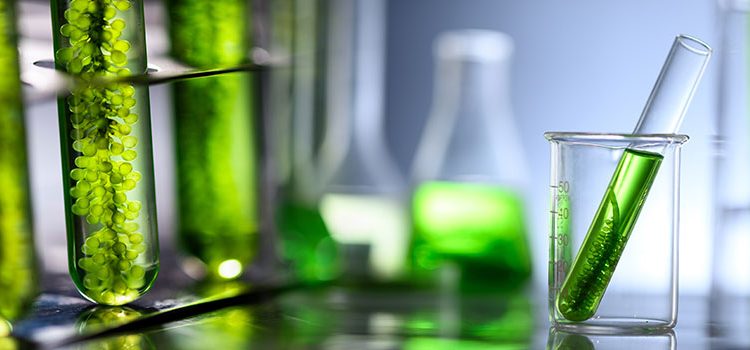The combined yearly emissions reduction for United European Car Carriers (UECC) from the manufacturer trio is estimated at around 80,000 tonnes, or over one-third of its global Scope 1 emissions from ship operations of approximately 220,000 tonnes.
We are thrilled that three of our major clients have decided to participate in Sail for Change, which demonstrates the power of industry collaboration in advancing decarbonisation. Those willing to invest in sustainable transport now will ultimately reap the rewards as new regulations give a commercial impetus for green operations.
…says UECC CEO Glenn Edvardsen.
As well as boosting their environmental performance with lower Scope 3 emissions, all three vehicle manufacturers will be able to significantly reduce their costs exposure to the EU Emissions Trading System (EU ETS), while boosting uptake of alternative low-carbon fuels in line with FuelEU Maritime set to take effect next year, according to UECC’s Energy & Sustainability Manager Daniel Gent.
Under Sail for Change, UECC has facilitated bunkering of ISCC-EU certified bioLNG – or liquefied biomethane – on its five LNG dual-fuel and multi-fuel Pure Car and Truck Carriers (PCTCs) at the Port of Zeebrugge through an earlier agreement with Titan Clean Fuels.
And he says industry interest has exceeded UECC’s expectations, resulting in the Green Gas Month initiative being extended beyond July to subsequent months and years. The company is now looking to scale up the programme to allow more companies to participate in future years based on growing demand, according to Gent.
Jean Christophe Deville, Vice President of Supply Chain at Toyota Motor Europe, says: “Enhancing the sustainability of our logistics is an important step towards our goal to become carbon neutral in Europe by 2040, and globally by 2050. UECC’s Sail for Change programme therefore represents a great opportunity to help us realise this ambition.”
Gent points out that, as well as minimising emissions expenses related to the EU ETS, supporting the use of alternative fuels reduces potential costs passed on to the customer by shipping companies for penalties incurred or the need to buy compliance units under FuelEU Maritime.
Due to its earlier investments in biofuels and LNG-fuelled newbuildings, UECC is already set to be in excess of FuelEU compliance until the late 2030s, towards its goal of net-zero operations by 2040.


































































